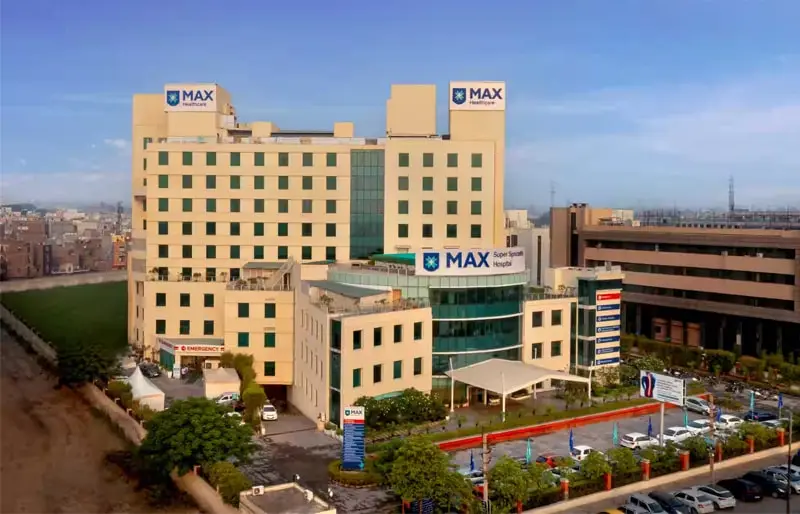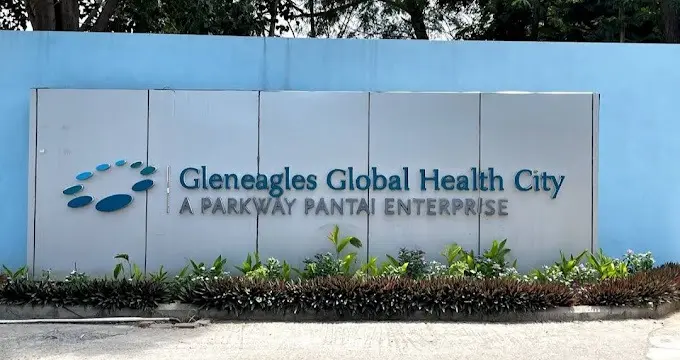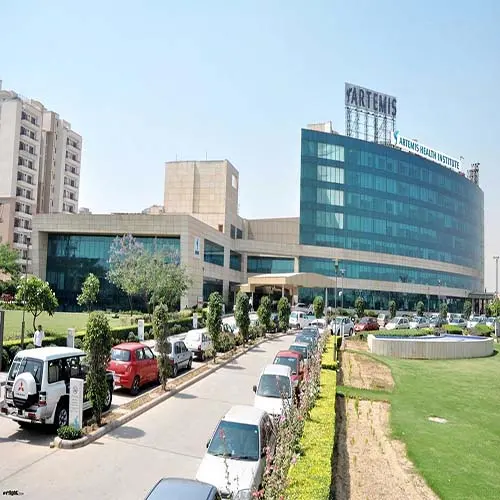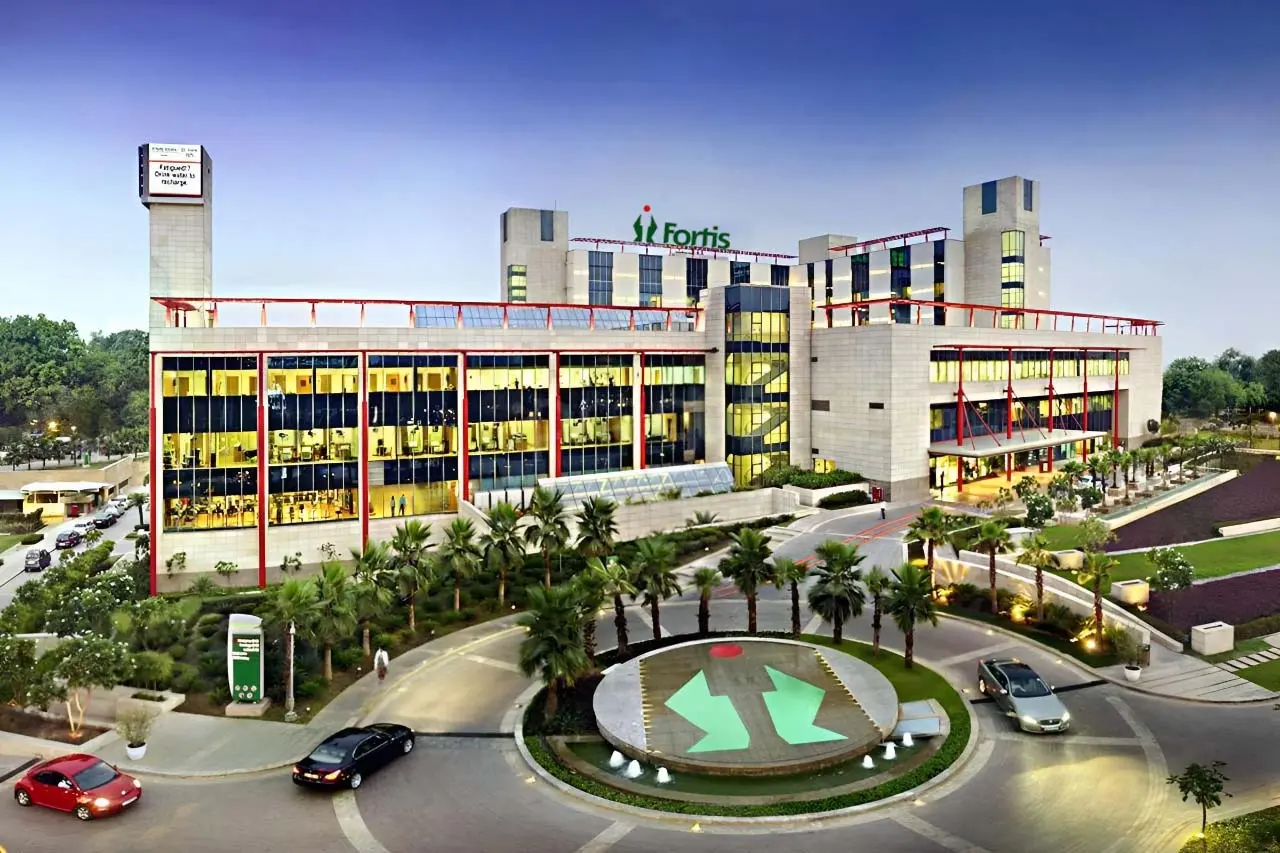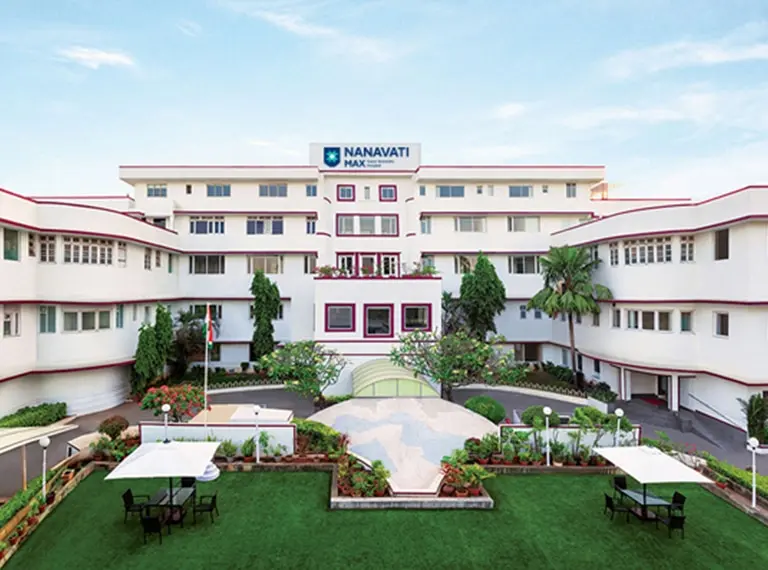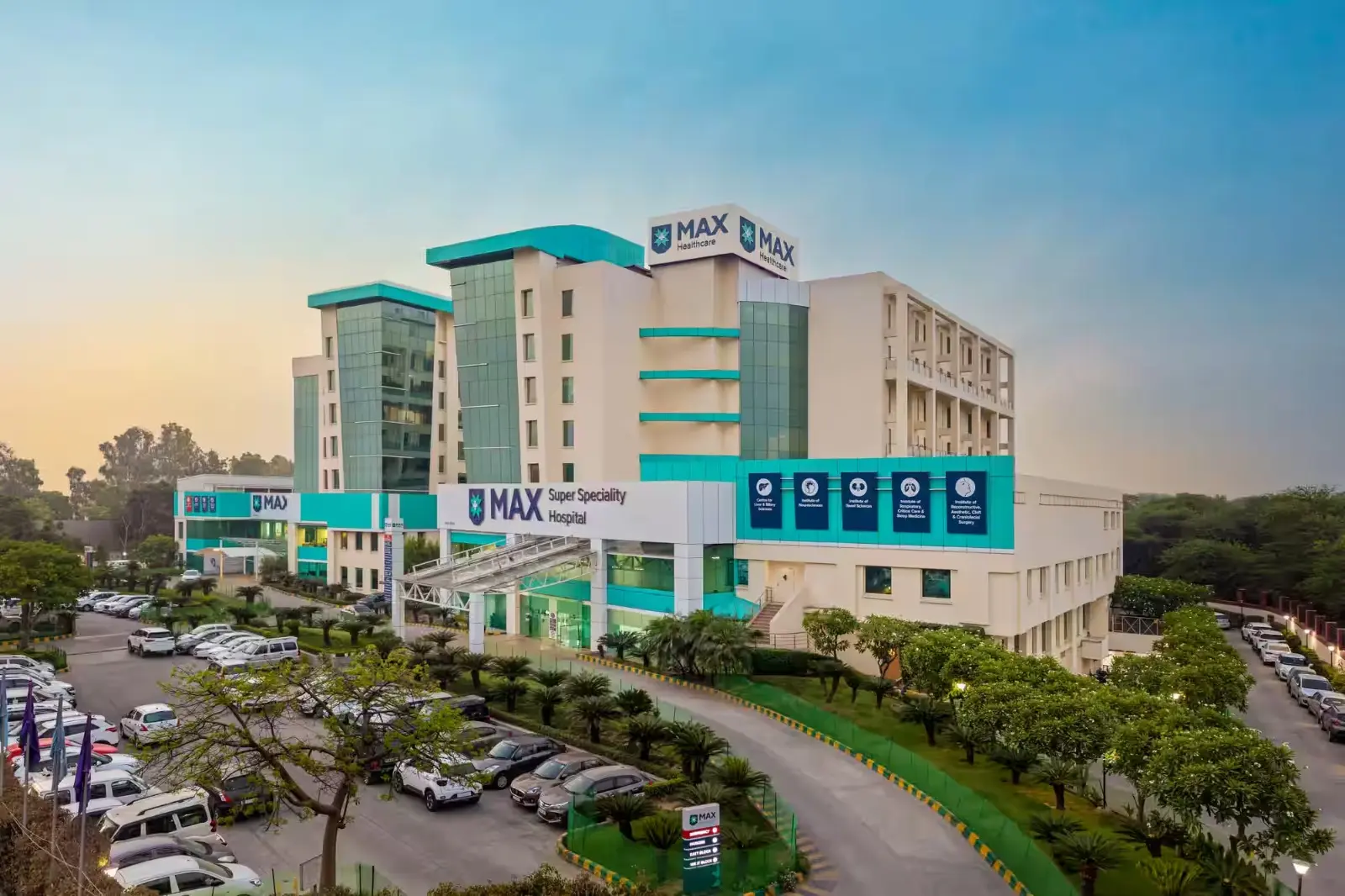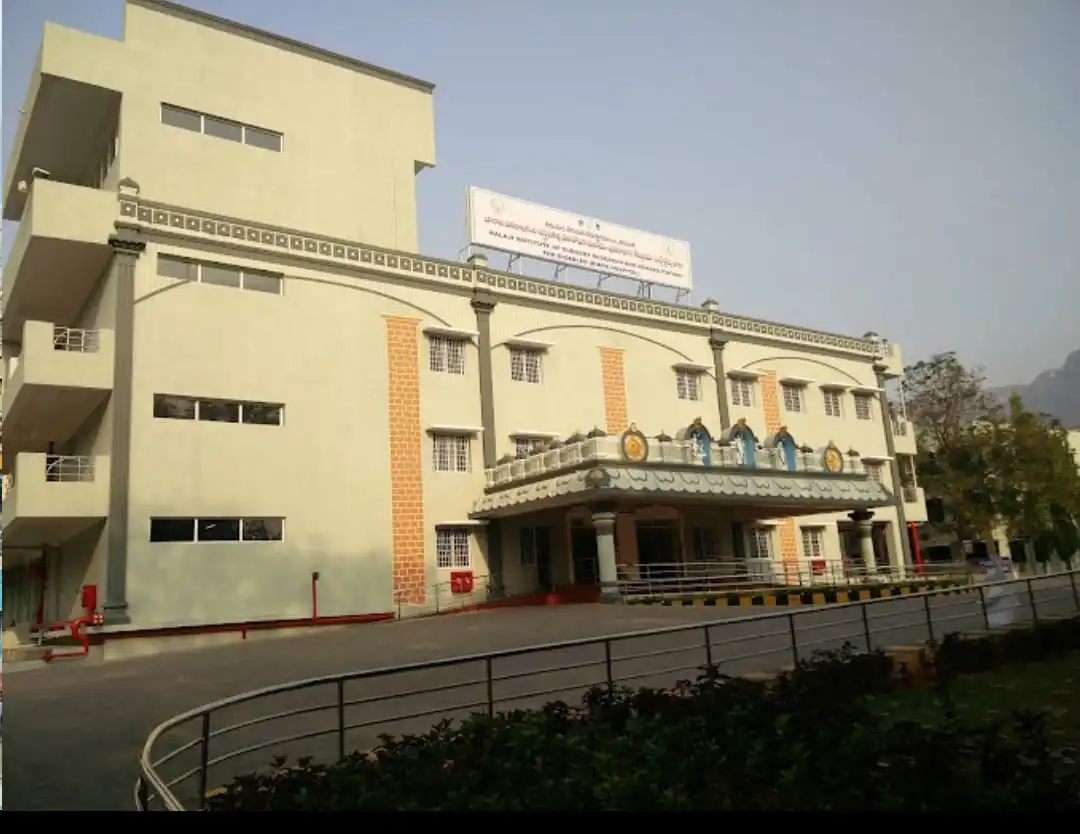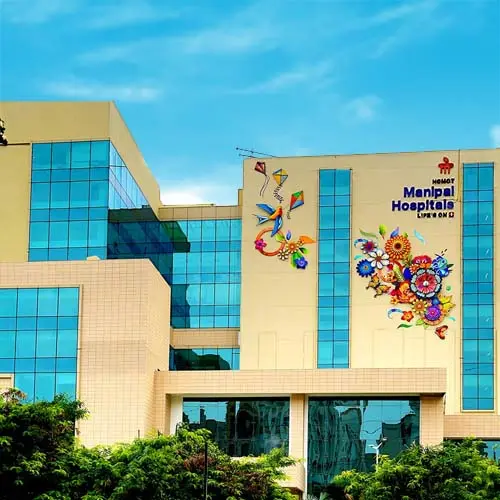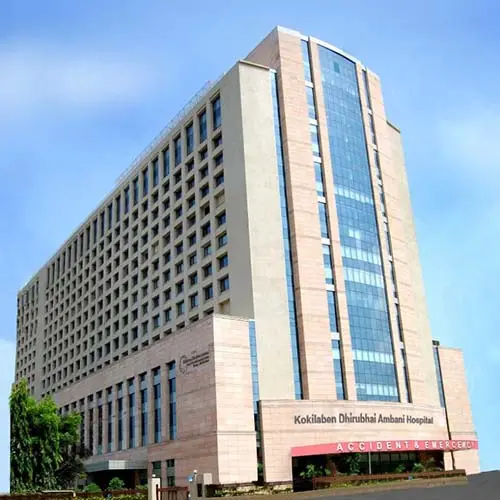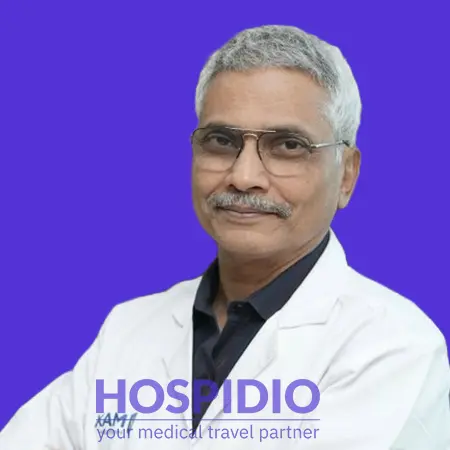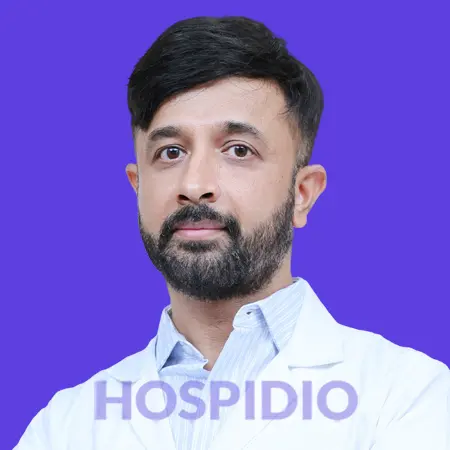Peroral Endoscopic Myotomy (POEM) cost in India
The Peroral Endoscopic Myotomy (POEM) cost in India ranges from $2,500 to $4,500, which is equivalent to approximately ₹2,12,000 to ₹3,85,000 INR. The overall cost depends on the hospital, the complexity of the case, and the patient’s overall condition. POEM is a minimally invasive endoscopic procedure used to treat achalasia, a rare swallowing disorder. Compared to traditional open or laparoscopic surgeries, POEM offers faster recovery, less pain, and no visible scars.
India is known for offering this advanced procedure at a fraction of the cost charged in Western countries, with experienced gastroenterologists, state-of-the-art endoscopy suites, and world-class recovery facilities.
Cost Range of Peroral Endoscopic Myotomy (POEM) cost in India
What is Peroral Endoscopic Myotomy?
Peroral Endoscopic Myotomy (POEM) is a minimally invasive procedure used to treat achalasia, a condition where the muscles at the lower end of the esophagus fail to relax, making it hard to swallow food or liquids. In this procedure, a thin, flexible tube called an endoscope is inserted through the mouth, allowing the doctor to access the esophagus without making any external cuts. A small tunnel is created in the inner lining of the esophagus, and the tight muscles causing the blockage are carefully cut to help food pass easily into the stomach.
What is Achalasia?
Achalasia is a rare disorder of the esophagus (the food pipe) where the muscles fail to move food toward the stomach properly. The main problem occurs at the lower esophageal sphincter (LES), a ring of muscle that normally relaxes to let food pass into the stomach. In achalasia, the LES doesn’t relax as it should, causing difficulty in swallowing, chest pain, and regurgitation of food.
Get a free cost estimate
Types of Achalasia
Type | Description | Main Features |
Type I (Classic Achalasia) | Complete loss of muscle activity in the esophagus | No significant contractions; weak esophagus and tight LES |
Type II (Achalasia with Compression) | Some preserved muscle contractions with pressure buildup | Contractions push against a closed LES, causing chest pain and regurgitation |
Type III (Spastic Achalasia) | Abnormal, spastic contractions in the lower esophagus | Painful swallowing, chest pain, spasms; often more seve |
Types and Severity of Conditions Treated with POEM
Condition Type | Severity Level | Description | Suitability for POEM |
Achalasia Type I (Classic) | Mild to Moderate | Minimal or no esophageal contractions; food gets stuck due to tight lower esophageal muscle | Highly suitable – POEM relieves tight muscle effectively |
Achalasia Type II | Moderate to Severe | Some muscle contractions with pressure buildup in the esophagus | Most responsive to POEM – shows highest success rates |
Achalasia Type III (Spastic) | Severe | Abnormal spasm-like muscle contractions causing severe pain and swallowing issues | Very suitable – POEM allows precise muscle cutting |
Esophageal Spasm Disorders | Mild to Moderate | Involuntary, irregular muscle contractions in the esophagus | Can be treated – POEM helps relax overactive muscles |
Jackhammer Esophagus | Moderate to Severe | Extremely forceful contractions in the esophagus that can be painful and disrupt swallowing | POEM is effective – helps reduce muscle force and pain |
Failed Previous Treatment | Varies | Patients who did not benefit from balloon dilation or Heller myotomy | Good alternative – POEM is often successful as a next step |
Who is an Eligible Candidate for Peroral Endoscopic Myotomy?
Confirmed Diagnosis of Esophageal Motility Disorder
To be considered for POEM, patients must have a confirmed diagnosis of a condition like achalasia (Type I, II, or III), diffuse esophageal spasm, or jackhammer esophagus. These disorders affect the muscles of the esophagus, making it difficult to swallow or causing chest discomfort.
Moderate to Severe Symptoms
Candidates typically experience troublesome swallowing difficulties, regurgitation of food, chest pain, or persistent heartburn. If these symptoms interfere with daily life or eating habits, POEM may be recommended.
Unresponsive to Previous Treatments
Patients who did not get lasting relief from medications, botulinum toxin (Botox) injections, or pneumatic (balloon) dilation are often considered good candidates for POEM. It is also suitable for those who had recurrence of symptoms after surgery like Heller myotomy.
Age and General Health
POEM is usually performed in adults and older adolescents. The patient should be healthy enough to undergo general anesthesia, with stable heart, lung, kidney, and liver function. Each case is evaluated individually, especially in children or elderly patients.
No Severe Esophageal Narrowing or Scarring
Patients should not have extensive scarring or strictures in the esophagus, as this can make the endoscopic procedure difficult or unsafe. Prior surgeries or chronic inflammation may also affect eligibility.
Willingness for Post-Procedure Care
Eligible candidates must be willing to follow dietary guidelines, take acid-reducing medications, and attend follow-up appointments after the procedure. This helps ensure long-term success and minimizes complications like reflux.
Get a free cost estimate
Types of POEM Surgery with cost
Here is an overview of the common types of POEM surgeries along with their approximate cost range in USD:
Type of POEM Surgery | Description | Used For | Estimated Cost (USD) |
Standard POEM (Esophageal POEM) | Traditional POEM targeting the lower esophageal sphincter (LES) | Achalasia Types I, II, III | $2,500 – $4,500 |
Spastic POEM | Extended myotomy for longer segments of spastic esophageal muscles | Type III Achalasia, Jackhammer Esophagus, Diffuse Esophageal Spasm | $3,500 – $4,500 |
Redo POEM (Re-intervention) | Re-treatment in cases where POEM or previous surgery did not provide lasting relief | Recurrence of achalasia, post-Heller myotomy failure | $4,000 – $7,000 |
G-POEM (Gastric POEM / POP) | Myotomy performed at the pylorus (stomach exit) instead of the esophagus | Gastroparesis (delayed stomach emptying) | $3,500 – $7,000 |
Dual POEM (Esophageal + Gastric) | Combines esophageal and gastric myotomy in a single session | Complex cases with both achalasia and gastroparesis | $5,000 – $8,000 |
Peroral Endoscopic Myotomy Cost in India Inclusions
First consultation
Treatment as advised
Routine drugs and consumables required during hospitalization
Pre-anesthesia check up and clearance
Hospital stay and meals as per the package
Peroral Endoscopic Myotomy Cost in India Exclusions
Pre-operative examination and tests
Hotel stay, meals and flights
Extended hospital stay
Post-treatment follow-ups
Treatment for any other underlying medical conditions
Any complex investigations or drugs
Other Factors Affecting POEM Cost in India
Type of surgery advised
Choice of location, doctor, and hospital
Pre-existing medical history
Type and duration of treatment advised
Tests for Diagnosing Achalasia and Pre-Surgery Evaluation
Test Type | Description | Purpose |
Esophageal Manometry | Measures muscle contractions and pressure in the esophagus | Confirms achalasia diagnosis and determines the specific type (I, II, or III). The cost is around $200-$250. |
Upper GI Endoscopy (EGD) | A flexible camera is passed through the mouth to view the esophagus and stomach | Rules out tumors, inflammation, or other causes of swallowing difficulty. The cost will be around $300-$350. |
Barium Swallow (Esophagram) | X-ray imaging after swallowing barium contrast | Shows narrowing at the LES and “bird-beak” appearance typical in achalasia. The cost will be around $150-$200. |
High-Resolution Manometry (HRM) | Advanced version of manometry with detailed pressure mapping | Offers precise measurement of esophageal function and LES relaxation. The cost will be $200-$250 approx. |
24-Hour pH Monitoring (Optional) | Measures acid reflux over 24 hours | Assesses for gastroesophageal reflux before or after POEM. The cost will be $100-$150 approx. |
Routine Blood Tests | Includes CBC, electrolytes, liver and kidney function tests | Evaluates general health and fitness for anesthesia. The cost will be $80-$100 approx. |
Chest X-ray or ECG | Checks heart and lung health | Ensures patient can safely undergo general anesthesia. The cost will be $100-$150 approx. |
Why India is Preferred for POEM?
India has established itself as a preferred destination for Peroral Endoscopic Myotomy (POEM) due to its superior infrastructure, expert medical professionals, and cost-effective treatment. POEM is a cutting-edge, minimally invasive endoscopic procedure used to treat achalasia and other esophageal motility disorders—conditions that severely affect swallowing and digestive function.
Indian hospitals offering POEM are equipped with state-of-the-art endoscopy suites, featuring high-definition imaging systems, carbon dioxide insufflation, and electrosurgical units that meet international standards. These technologies enable precise submucosal tunneling and myotomy, ensuring better outcomes and minimizing procedural risks.
Advanced operation theatres are integrated with real-time monitoring systems, anesthesia workstations, and intensive post-procedure recovery units. Many hospitals maintain NABH and JCI accreditation, indicating compliance with global healthcare protocols.The success rate of POEM in India exceeds 90–95%, comparable to the best centers worldwide. Indian gastroenterologists and endoscopic surgeons are highly experienced, with many trained at renowned international institutes. Their expertise covers complex cases, including patients with prior treatments or anatomical variations.
Another major advantage is affordability. While POEM in the US or Europe may cost $15,000 to $25,000, the same procedure in India ranges from $3,000 to $6,000, making it a financially viable option for international patients. Despite the lower cost, Indian hospitals maintain low complication rates and short hospital stays, often allowing discharge within 24–48 hours.
Moreover, Indian medical centers offer comprehensive international patient services—including visa facilitation, multilingual support, airport pickups, and personalized aftercare—ensuring a seamless medical journey. With minimal waiting times, advanced infrastructure, and compassionate care, India continues to be a globally trusted destination for POEM treatment.
Best Hospitals for Peroral Endoscopic Myotomy in India
Best Surgeons for POEM in India

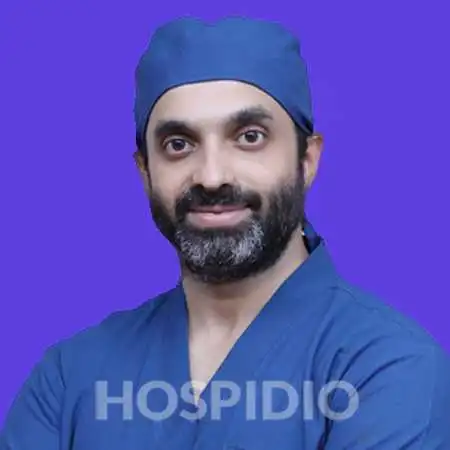
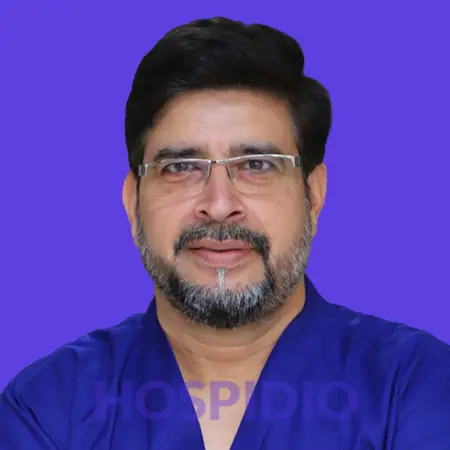
FAQs
POEM is performed under general anesthesia, so there is no pain during the procedure. Mild throat discomfort or chest soreness may occur for a few days post-treatment.
Most patients start on a liquid diet within 1–2 days and return to normal activities in 3 to 5 days, depending on recovery.
While POEM is considered safe, possible risks include acid reflux, bleeding, infection, or perforation (rare and manageable with early care).
- No external cuts or scars
Faster recovery tim
Less post-procedure pain
Shorter hospital stay
Some patients may require acid reflux medications like PPIs (e.g., pantoprazole) for a few weeks or longer to manage post-POEM reflux.
Yes. In rare cases where symptoms recur, Redo POEM can be safely performed by experienced specialists.
POEM is mostly done in adults and older adolescents, but some pediatric cases and elderly patients may be eligible if evaluated and cleared for anesthesia and endoscopic treatment.
Post-POEM patients are advised to:
- Avoid heavy meals and acidic foods
- Sleep with head elevated if experiencing reflux
- Follow a gradual diet progression from liquids to soft solids
- Avoid smoking and alcohol
POEM has a success rate of over 90%, especially for Types I and II achalasia. It provides long-term relief and is considered the gold standard for non-surgical esophageal motility treatment.

